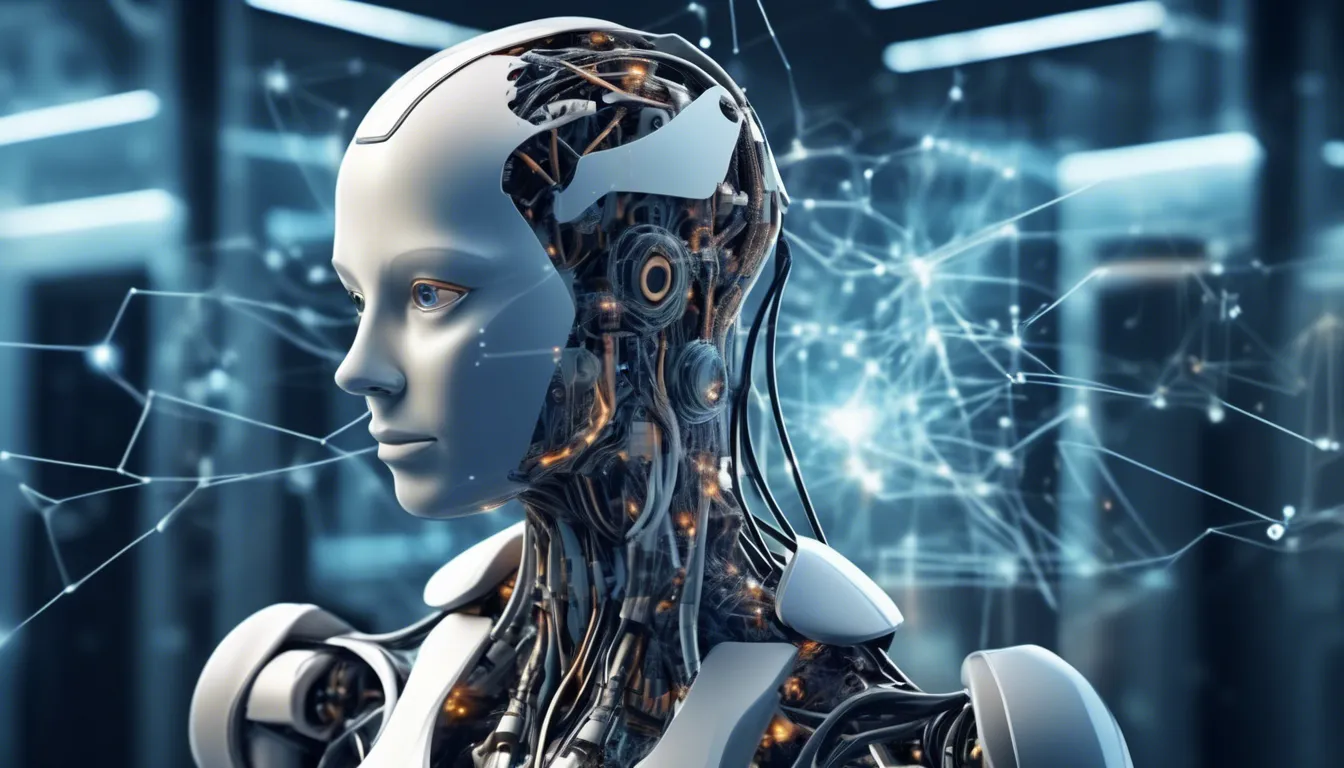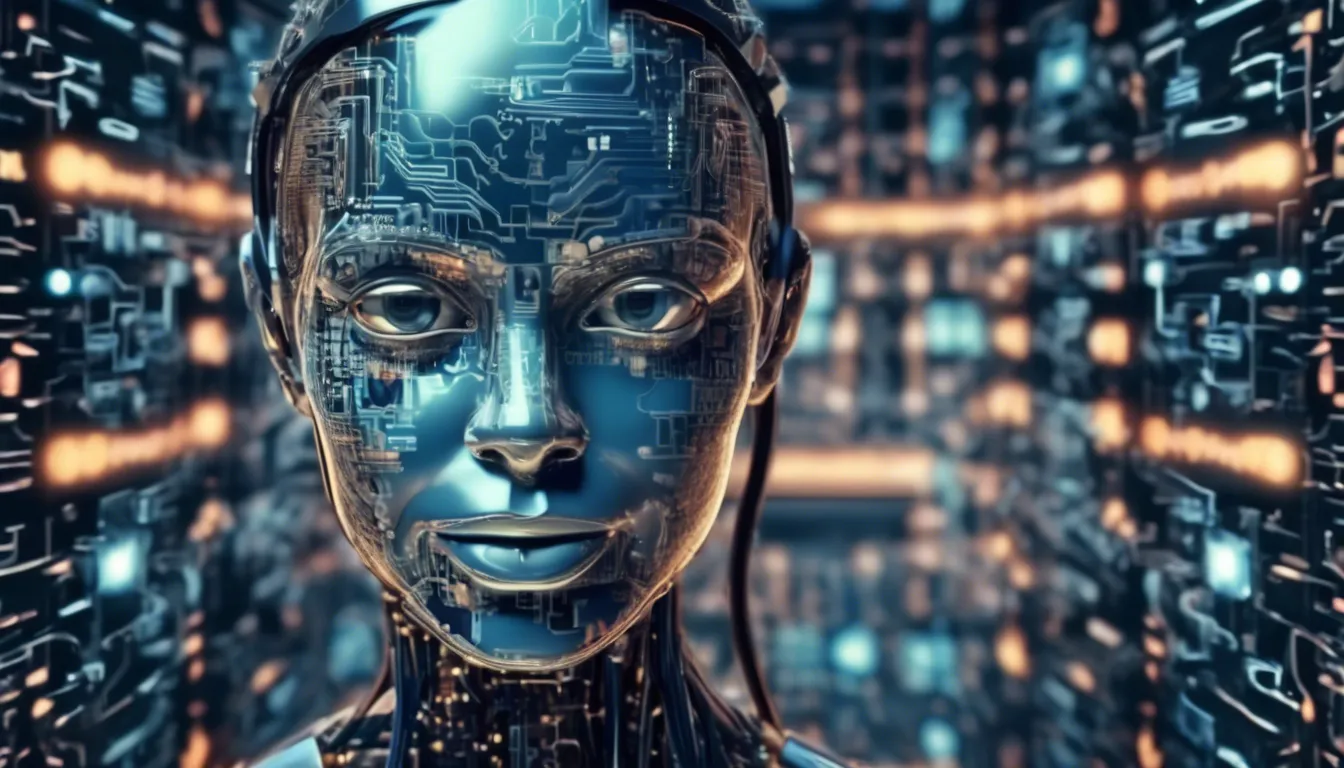Artificial intelligence (AI) has become a powerful tool in various industries, thanks to the rise of neural networks. Neural networks are a key component of AI that mimic the way the human brain works, allowing machines to “learn” from data and make decisions with minimal human intervention. These networks consist of interconnected nodes that process information and pass it along to make predictions or classifications. With advancements in computing power and data availability, neural networks have become increasingly sophisticated and able to handle complex tasks with incredible accuracy.
One of the most exciting applications of neural networks is in the field of deep learning. Deep learning uses multiple layers of neural networks to analyze and extract patterns from vast amounts of data, enabling machines to perform tasks like image recognition, natural language processing, and even self-driving cars. As neural networks continue to evolve, we can expect to see even more groundbreaking applications across various industries, including healthcare, finance, and manufacturing.
However, with great power comes great responsibility. As AI becomes more integrated into our daily lives, it is crucial to ensure that these technologies are used ethically and responsibly. This includes addressing issues of bias in AI algorithms, ensuring data privacy and security, and promoting transparency in how AI systems make decisions. By unleashing the power of AI through neural networks while also prioritizing ethical considerations, we can harness the full potential of this revolutionary technology for the benefit of society.

 The Latest in iPhone Technology A Closer Look at Smartphone Innovations
The Latest in iPhone Technology A Closer Look at Smartphone Innovations